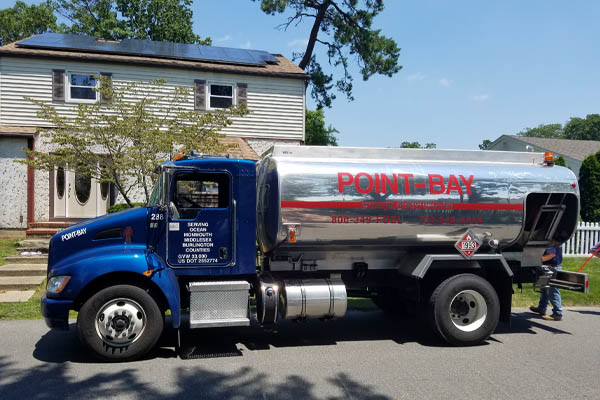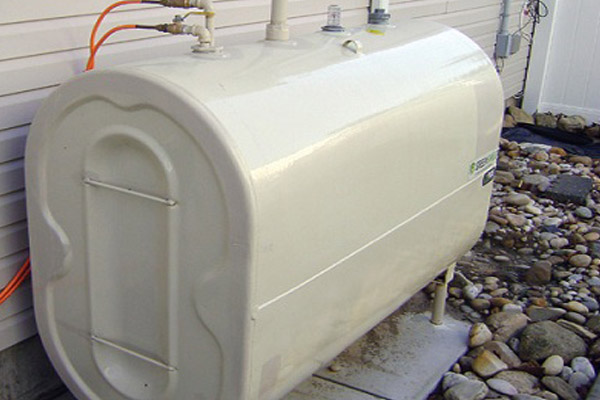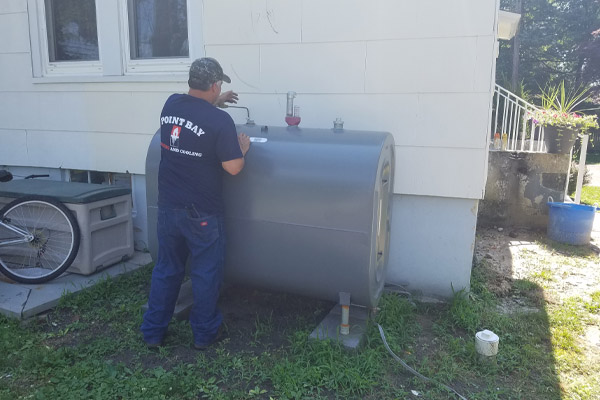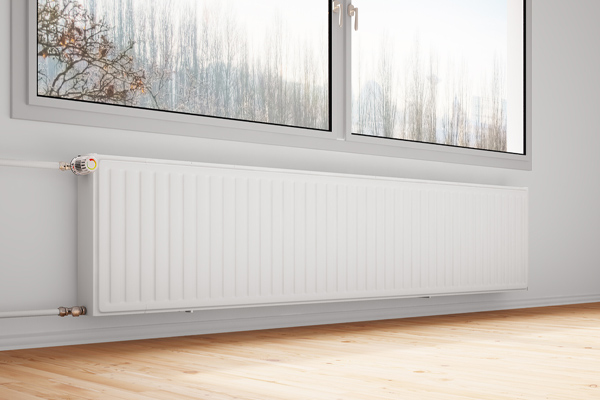
Approximately 5.5 million persons in the United States utilize heating oil to heat their homes. Of that figure, 81% of these Americans live in the Northeast. Those persons who use oil have an oil tank as a vital component of their system. People often wonder how they can keep their home heating oil and oil tanks in good condition. Most oil-heat users have heard of heating oil additives, while others already use heating oil additives. This article discusses more on fuel oil additives.
Different Kinds of Heating Oil Additives

Heating oil additives are substances designed to improve the efficiency of heating oil burners. Additives improve combustion, leading to a cleaner and more efficient operation of your heating system.
Home heating oil is available in four main types:
- Stabilizers
- Water controller
- Biocides
- Line and oil nozzle cleaners
The heating oil stabilizers protect the oil from degrading due to external environmental factors, which include antioxidants. The water emulsifiers help to reduce issues caused by water condensation in the tank. The biocides provide treatment for microbial growth inside the tank. The line and oil nozzle cleaners cleanse the fuel delivery line that transports the oil from its tank to the burners. Also, these cleaners remove any sludge that may have grown over time at the bottom of your tank.
What Do We Use Heating Oil Additives For?
What is the role of a home heating oil additive? Initially, we will consider why additives are needed. Remember, you are using refined crude oil in your home.
Today, crude oil is processed in a different manner than it used to be in the past because the manufacturers considered the effects on the environment. Also, the demand for low-sulfur diesel continued to grow.
These changes impacted the fuel making it less stable and high in carbon residue. Manufacturers improved and upgraded the chemical composition of these additives to counteract these changes and improve the attributes of the fuel.
If you have experienced any of the issues listed below, you should consider using heating oil additives:
- Oil tank freezing
- High usage rates
- Build-up of sludge
- Clogged Fuel lines
How Do Fuel Oil Additives Work?

As the oil goes through a refinery, its attributes change, and this causes impurities to develop in the fuel.
Impurities include soot, water droplets, dirt, or other particles that could affect the oil tank. Once your tank has impurities, your system will lose its efficiency.
However, additives assist with removing impurities and bringing your system back to efficiency. Additives facilitate the emulsification of water droplets, and this prevents and reduces the growth of bacteria.
The chemical composition of the additives enables them to break down soot or dirt so these impurities can pass through the tank’s filter without clogging it. Additives can shrink pollutants so that these impurities can be burned off and removed from the home heating system, such as your furnace or boiler.
Common Issues Fixed by Heating Oil Additives

The big question is whether oil additives are cost-effective. Here are some scenarios about challenges you may face and answers for remedying these issues.
Burner Nozzle Clogged
The tank’s burner nozzle could get clogged if there is an accumulation of chemical components such as carbon. Clogs prevent the heating system from burning the fuel effectively because the burner nozzle facilitates the oil spray.
These additives often incorporate cleaning components used to dissolve the build-up of chemicals; therefore, your burner nozzle will perform more efficiently.
Extra Oil Tank Condensation
If a tank has extra condensation, the components on the inside could start to rust and have the growth of bacteria. These additives will emulsify the water droplets and stop bacteria from growing.
Additional additives can reduce larger quantities of water from the system; therefore, you can avoid rusting, which could cause other issues.
Gelling of Heating Oil

Low temperatures are a factor in oil gelling. When this happens, the oil cannot flow easily from the tank to the burner, often clogging the fuel line, filters, and nozzles.
Anti-gelling additives decrease the temperature at which gelling occurs in the fuel. People who live in colder areas will enjoy this benefit.
Build-up of Sludge in the Oil Tank
If you experience sludge build-up at the bottom of the tank, your filters and line are clogged. This build-up reduces your tank’s ability to produce heat and may cause your tank to malfunction or stop working. If you need to shut off your heat to prevent clogged lines when you receive a delivery, you have a sludge problem in your tank.
An additive manufactured to dissolve sludge build-up will assist the heating oil with dissolving the sludge. It can also reabsorb any sludge so that it burns off; therefore, the tank will be able to resume normal operations.
Disadvantages of Using Heating Oil Additives
While the advantages of using heating oil additives surpass the disadvantages, you should know about the possible negatives.
- Oil additives are unable to remove all water droplets present in your system. If you have tried an additive and do not get all the water removed, you need to call a professional to assist you.
- Please pay attention to additives that have alcohol because this will cause other issues.
- If your tank has a lot of sludge and you use a line and oil nozzle cleaner to clean it, it could become clogged. If this happens, call an expert immediately to reduce any further damage.
Note that no one additive will be able to fix all the issues that your tank may have. Therefore, you may have to use a combination of additives. While it may be expensive, using the different additives will improve your tank’s efficiency, and you will save money. Speak with a professional to ensure that you follow the guidelines for the optimal performance of your tank.
Call Point Bay Fuel For Superior Home Comfort Solutions

Point Bay Fuel offers superior heating oil deliveries and HVAC services in Ocean and Monmouth Counties, New Jersey. Our heating oil deliveries are fast, reliable, and affordable, and we always keep your safety in mind. We offer various heating oil delivery plans and financing options. This way, you can customize your fuel deliveries to meet your needs. Likewise, we hire the best-certified HVAC technicians who can provide you with excellent HVAC tune-ups, repairs, installations, and replacements. Each of our techs has the knowledge and experience to service your HVAC system correctly.
Point Bay Fuel guarantees the most competitive home comfort service costs in the area. Our maintenance services can improve your comfort and energy efficiency while reducing your home HVAC costs. If you are interested in improving your indoor air quality, then look no further. Our experts know the most advanced solutions to achieve all of your home comfort needs. All of our services are backed with a guarantee to ensure your satisfaction. To schedule an appointment, give Point Bay Fuel a call today.
Contact us now by calling (732) 349-5059 to speak to one of our home comfort specialists! Click the link to view our service area.
The post What Do Heating Oil Additives Do? appeared first on Point Bay Fuel.
No comments:
Post a Comment